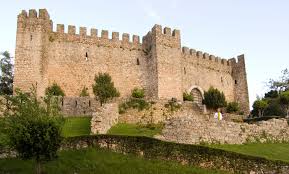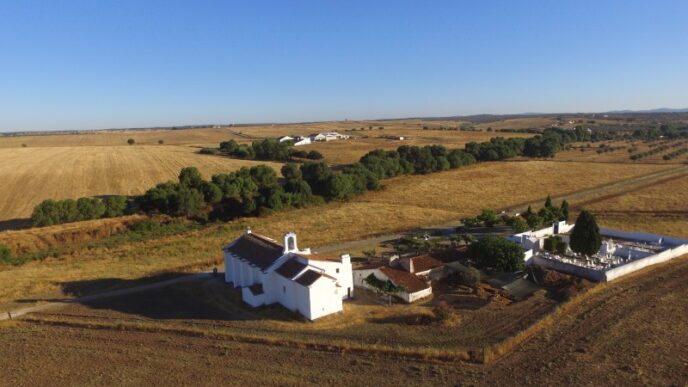Cascais marked the 50th anniversary of the Carnation Revolution with a day filled with joy and remembrance. The event celebrated the end of four decades of dictatorship and the dawn of democracy in Portugal. Various activities took place across the municipality to honor the historical moments and local contributions to the revolution.
Key Takeaways
-
Cascais commemorated the 50th anniversary of the Carnation Revolution with various events.
-
The celebration included flag-raising ceremonies, musical performances, and historical reenactments.
-
The event highlighted Cascais’ significant role in the revolution’s planning and execution.
Morning Celebrations
The day began with flag-raising ceremonies in the Union of Parishes Carcavelos and Parede. The ceremonies featured the participation of local fire departments and philharmonic bands, including the Banda Filarmónica da Sociedade Musical União Paredense (SMUP) and the Banda Filarmónica da Sociedade Recreativa e Musical de Carcavelos.
Musical Performances
The highlight of the celebrations took place at the Bay of Cascais, where seven philharmonic bands from the local cultural and recreational movement performed. The bands, along with singer Pedro Vaz, played iconic songs from the revolution era, such as “Grândola Vila Morena,” “Os Vampiros,” and “E depois do Adeus.”
Historical Significance
Cascais played a crucial role in the Carnation Revolution. Two important preparatory meetings for the revolution took place in the town. On March 5, 1974, a clandestine meeting was held at the atelier of architect Braula Reis, where the decision to proceed with the coup was solidified. This meeting marked a pivotal moment in the history of the Movement of the Captains, leading to the successful overthrow of the dictatorship.
Closing Ceremony
The event concluded with a united performance of the National Anthem by all participating bands. The Banda Filarmónica da Sociedade Musical Sportiva Alvidense, the Banda da Sociedade de Instrução e Recreio de Janes e Malveira, and others joined forces to deliver a powerful rendition, symbolizing unity and hope for the future.
Reflections from Local Leaders
Carlos Carreiras, President of the Cascais City Council, reflected on the progress made since the revolution. He acknowledged that while not all dreams of the revolutionaries have been realized, significant advancements have been made. He emphasized the importance of remembering and honoring those who fought for freedom and democracy.
Conclusion
The 50th anniversary of the Carnation Revolution in Cascais was a day of celebration, reflection, and unity. The events highlighted the town’s historical significance and the enduring spirit of democracy and freedom.










